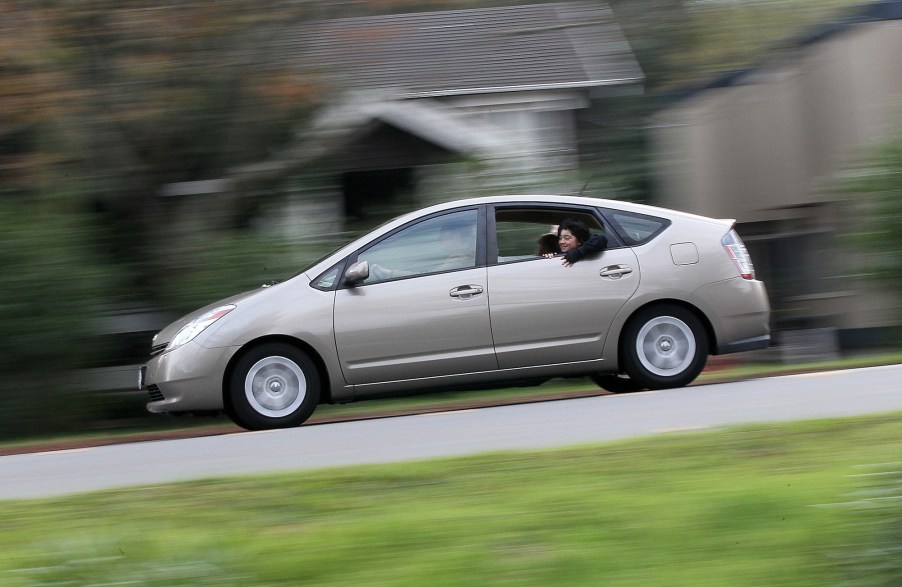
The 1 Thing You Shouldn’t Do if Your Car Is Recalled
When you buy a vehicle, you’re likely excited about the new-car smell or high-tech features. You probably aren’t thinking about a potential recall. Whatever car you buy, you hope it ends up lasting a long time without any major problems. But many vehicles end up having issues, and it’s important to pay attention if yours is among the millions of vehicles recalled every year. Though not every recall is as critical as the next, they all should be addressed.
Why recalls matter
Automakers often initiate recalls. When they realize there’s a problem, they are obligated to notify owners and the National Highway Traffic Safety Administration, which oversees all recalls. The NHTSA is also the organization that gives initial safety ratings for all new cars. Recalls aren’t made lightly, and if a car is recalled, there’s a good reason behind it. A recall is different from a technical service bulletin. TSBs are issued for mechanical issues that aren’t dangerous but still warrant a solution or repair. Sometimes, owners push for a recall, such as Prius owners who wanted Toyota to cover the costs of additional safety measures.
But official recalls will result in a notice sent to owners detailing what they should do to remedy the detected issue with their vehicles. If you get one of these notices or see your car has made the news for a problem, it’s time to pay attention. The same thing can happen with RVs and boats, so if you own one, you need to be mindful of those as well. There’s even an app for tracking recalls, so there’s no excuse not to keep your car’s safety up to par.
What to do if your car is recalled
If you receive a notice for your car, there are a few things you need to do. First, confirm your car is included in the recall. You can do this by calling the nearest brand dealership or looking at a site such as Consumer Reports, the NHSTA, or apps such as those listed above. After you’ve done that, take note of any restrictions or requirements while you wait to get your repair, such as parking your car in the driveway instead of the garage or abstaining from driving the vehicle.
Then call to schedule repairs, which can sometimes take a while to get on the books. Be sure to take your notification letter with you when you go to your appointment. If you have any trouble getting your repairs handled, you can ask to talk to the dealer services manager, contact the manufacturer, or call the NHTSA. Keep in mind that if there are any special instructions in your letter, be sure to follow them because the above guidance is intended for general use.
But DON’T do this
Recalls can be alarming, especially if they’re severe. Though you should always take them seriously, there’s one thing you shouldn’t do: panic. Sometimes you can still drive your car while you’re waiting to get it fixed. And the repairs are free to you, so don’t worry about the cost. You also shouldn’t worry that dealerships will try to sell you a new car that’s under recall — they can’t do that because it’s illegal.
Equipped with this information, you’ll be ready if you ever experience a recall.


